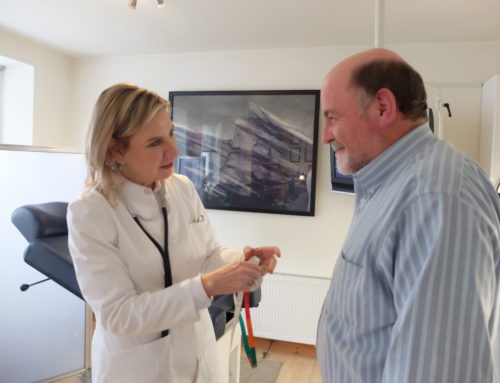AMH: Latest News
Dr. Beatrice Neufeldt reports on a recent study:
The uncertainty of whether an in vitro fertilizaiton (IVF) procedure will work or not is one of the most frustrating aspects of fertility treatment. Now, a new study finds that the Anti-Mullerian hormone (AMH) levels may actually predict whether IVF will be successful.
AMH is a substance secreted by the granulosa cells in the developing egg sacs (ovarian follicles). As a woman grows older, her number of ovarian follicles begins to decrease, and the amount of AMH in the blood decreases. To find a woman’s levels of AMH, she undergoes a blood test along with the other fertility testing prior to treatment.
The study, published in the Journal of Clinical Endocrinology & Metabolism, found that women with high AMH levels were 2.5 times more likely to have a successful IVF cycle than women of a similar age with low levels of the hormone. The Swedish researchers tracked 892 women who underwent IVF treatment between 2008 and 2011 and measured AMH levels in the participants’ blood prior to treatment. Women who had AMH levels above 2.94 ng/ml had the highest birth rates. The effect leveled out when AMH levels surpassed 5 ng/ml.
According to the researchers, women who have polycystic ovarian syndrome (PCOS) should be optimistic about their chances of success with IVF. Women with PCOS tend to have high levels of AMH.
Note: You can get tested for your AMH level in the Personal Medical Clinic. It is a simple blood test. We request a consultation prior to testing to give you advice on the need for this test.


